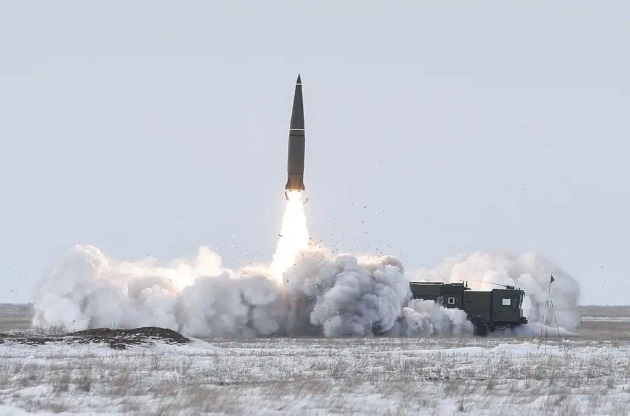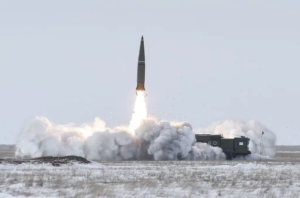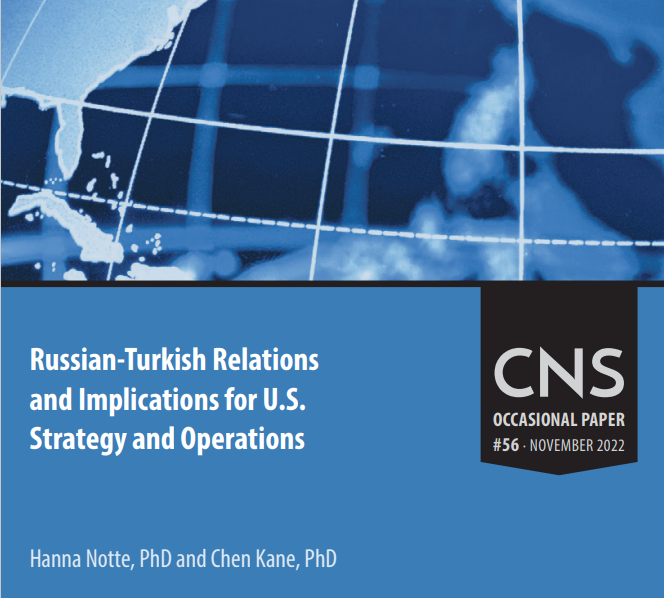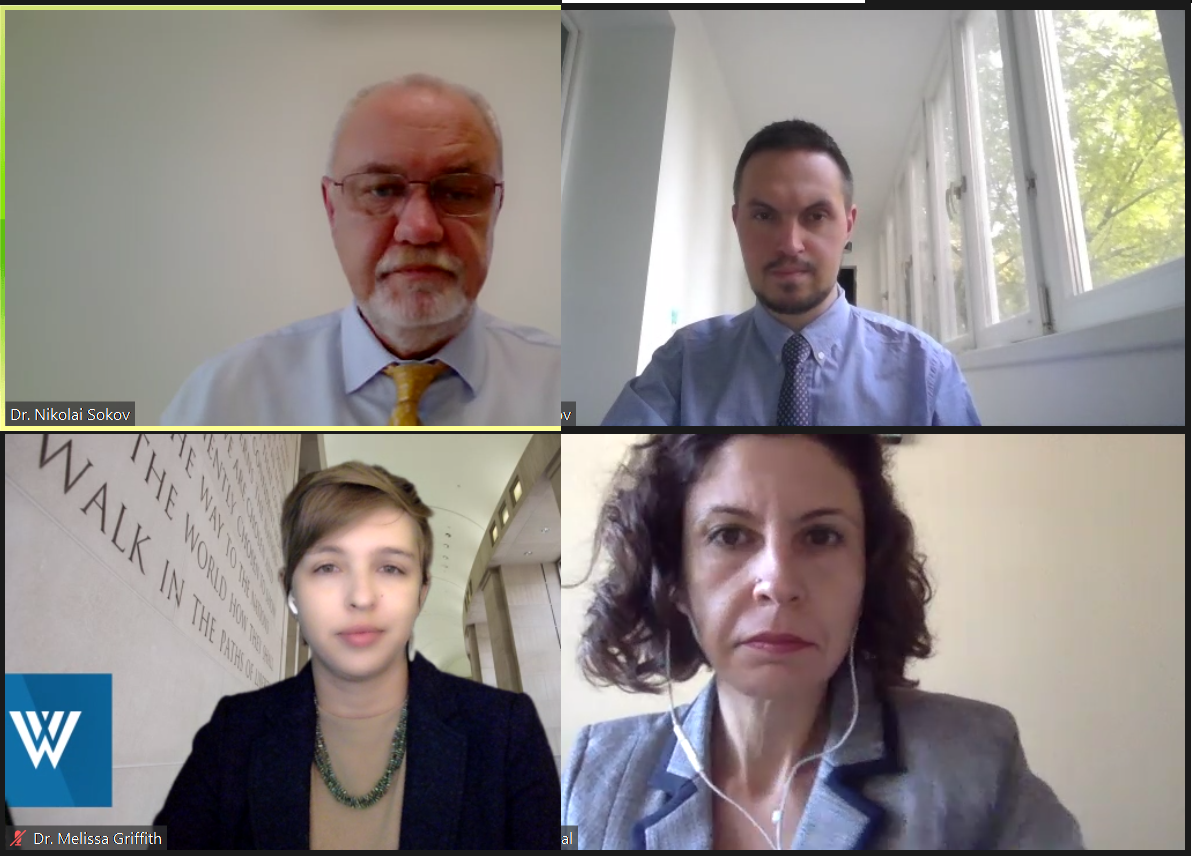

VCDNP Senior Fellow Dr. Nikolai Sokov has published a piece in the Bulletin of the Atomic Scientists on Russia’s nuclear sharing with Belarus. He traces the developments since the original announcement in the summer of 2022, noting that “the story developed slowly and has been full of unnecessary intrigue with important information revealed in small portions.” He also points out that, so far, the two countries have concentrated on creating the relevant infrastructure, but the transfer of nuclear weapons themselves will probably require a separate decision—and entail a separate signal to NATO.
Dr. Sokov further argues that nuclear sharing changes two important elements of Russian nuclear policy. First, Russia has retracted its 30-year-old policy of demanding that nuclear weapons should only be kept in national territories. Second, short-range nuclear weapons are acquiring a tangible role for the first time in the post-Cold War period. In contrast to last year’s vague references to nuclear weapons, nuclear sharing represents a new level of nuclear escalation, as it involves tangible changes in posture which is clearly focused on Poland.
Dr. Sokov observes that calls for a symmetric response to that Russian step—such as the transfer of some American B-61 bomb to Poland—may be attractive, but would be counterproductive and even dangerous. Such a step would mean that NATO is joining the escalation spiral that has been launched by Russia. A more measured 'stay-the-course' approach is likely to be more beneficial for both NATO and Ukraine.


